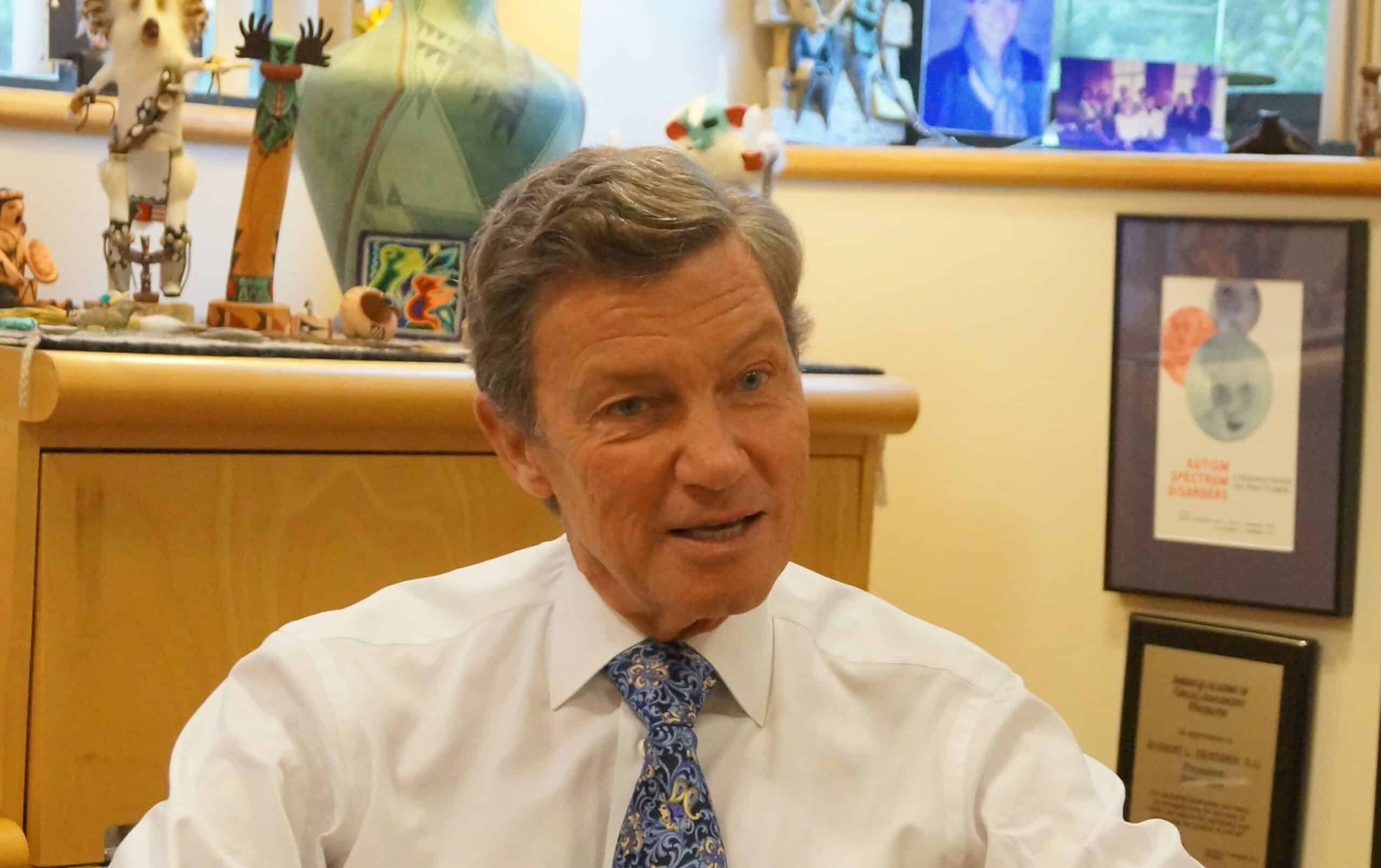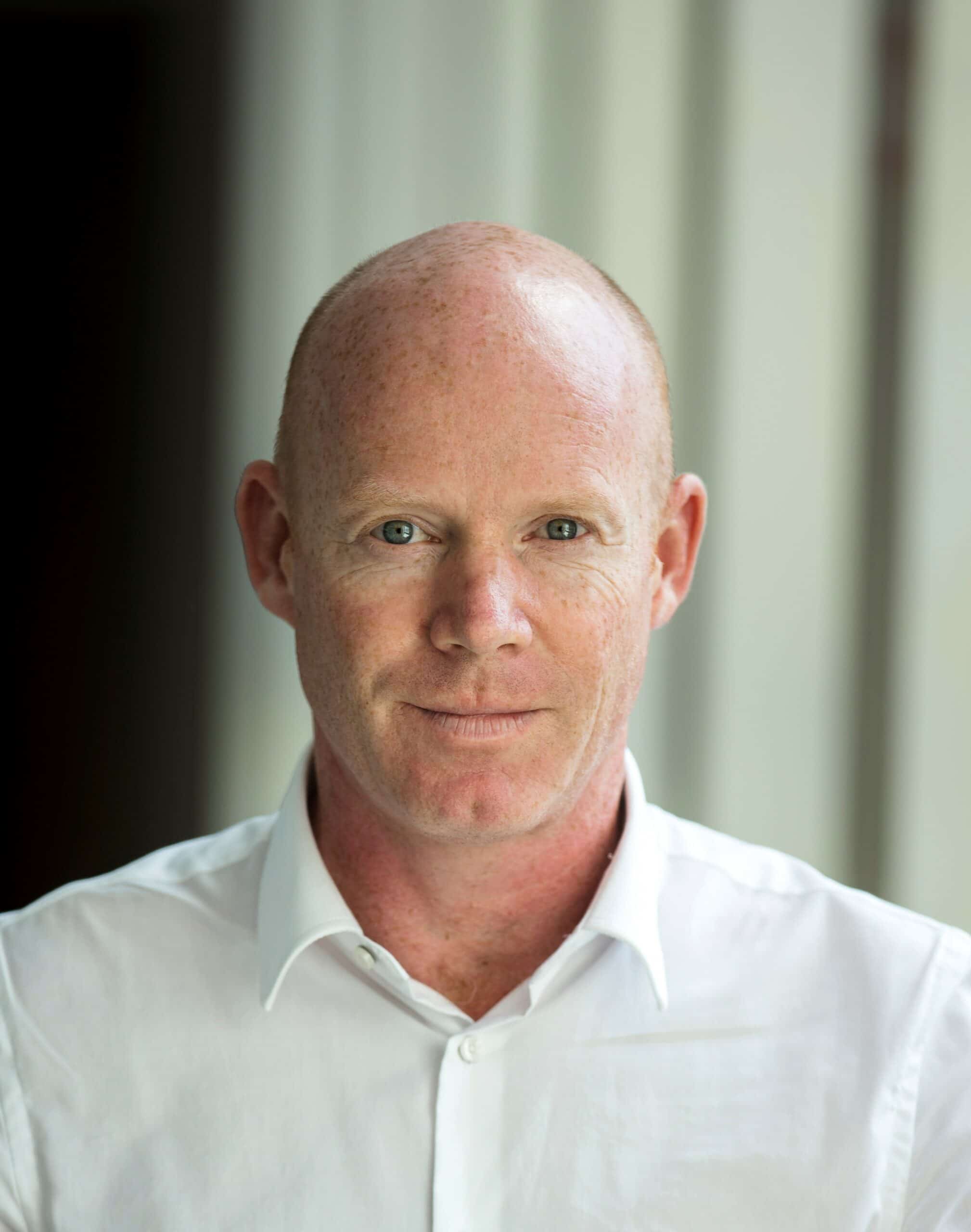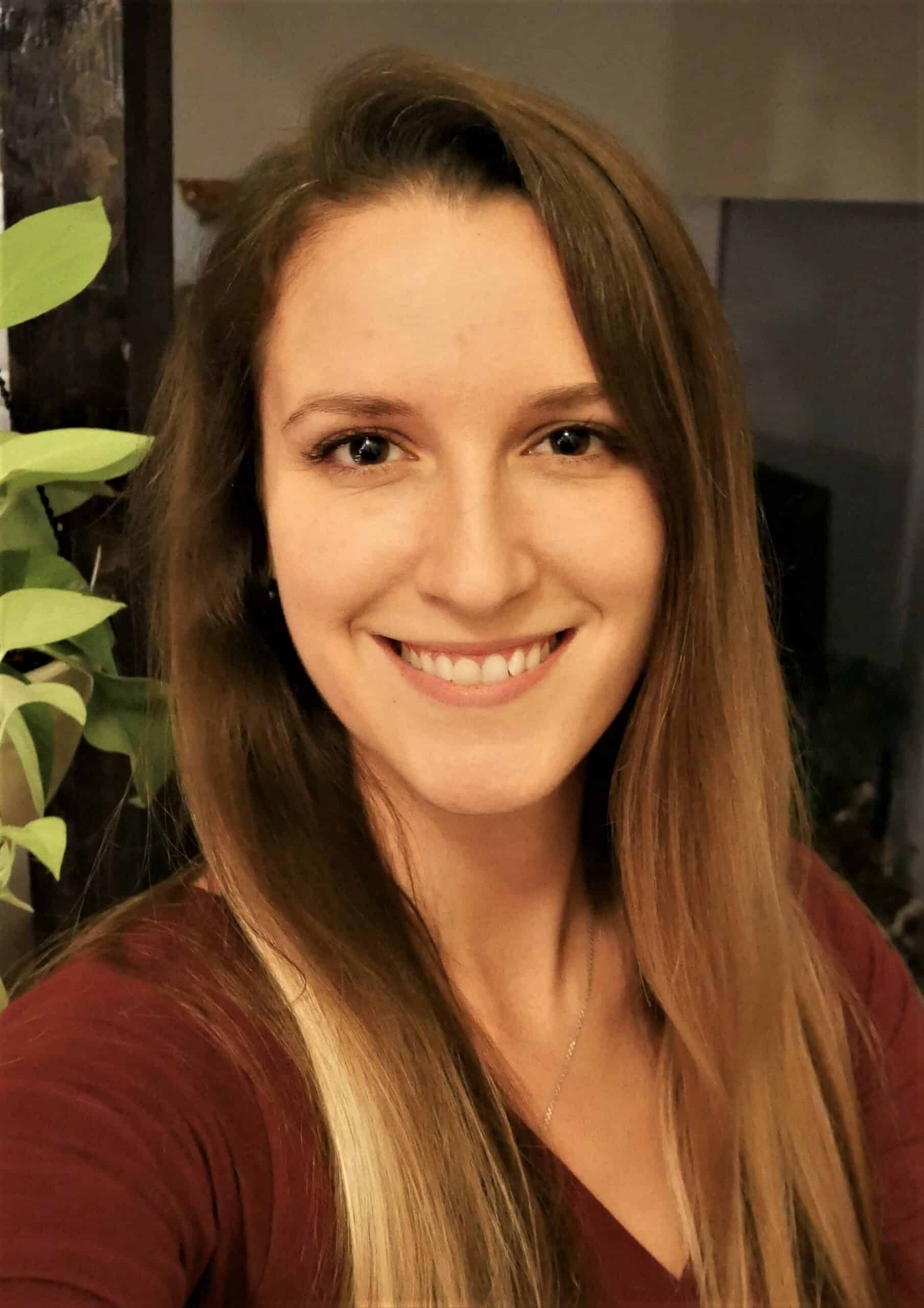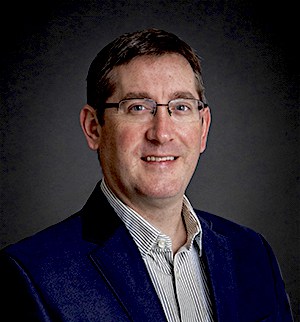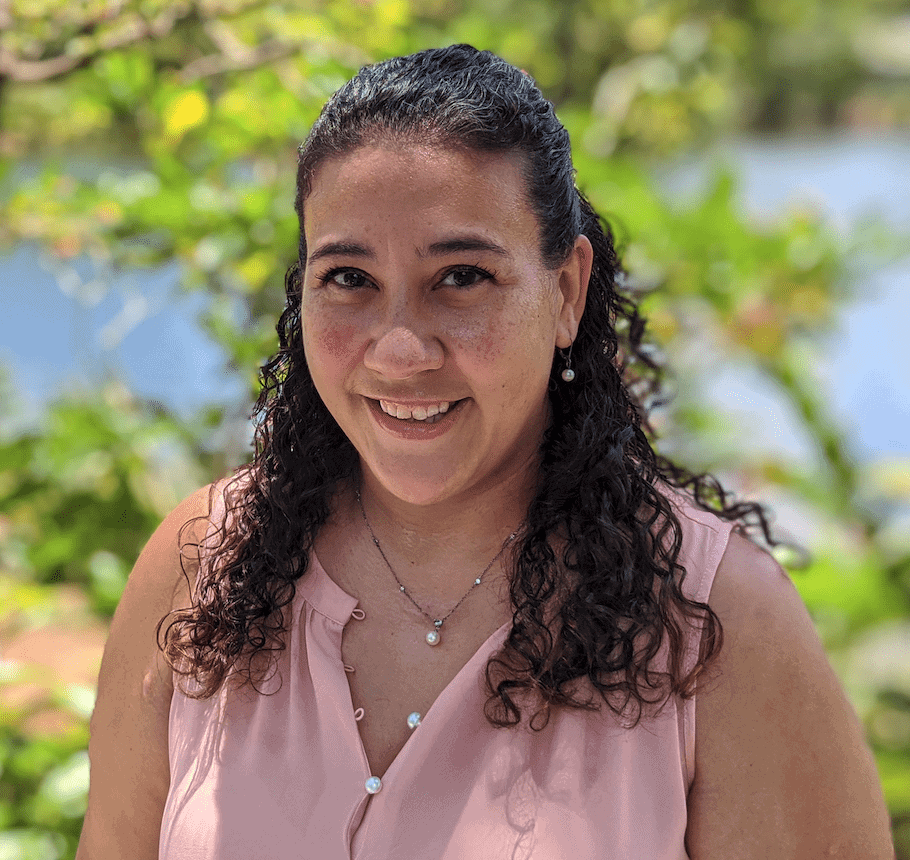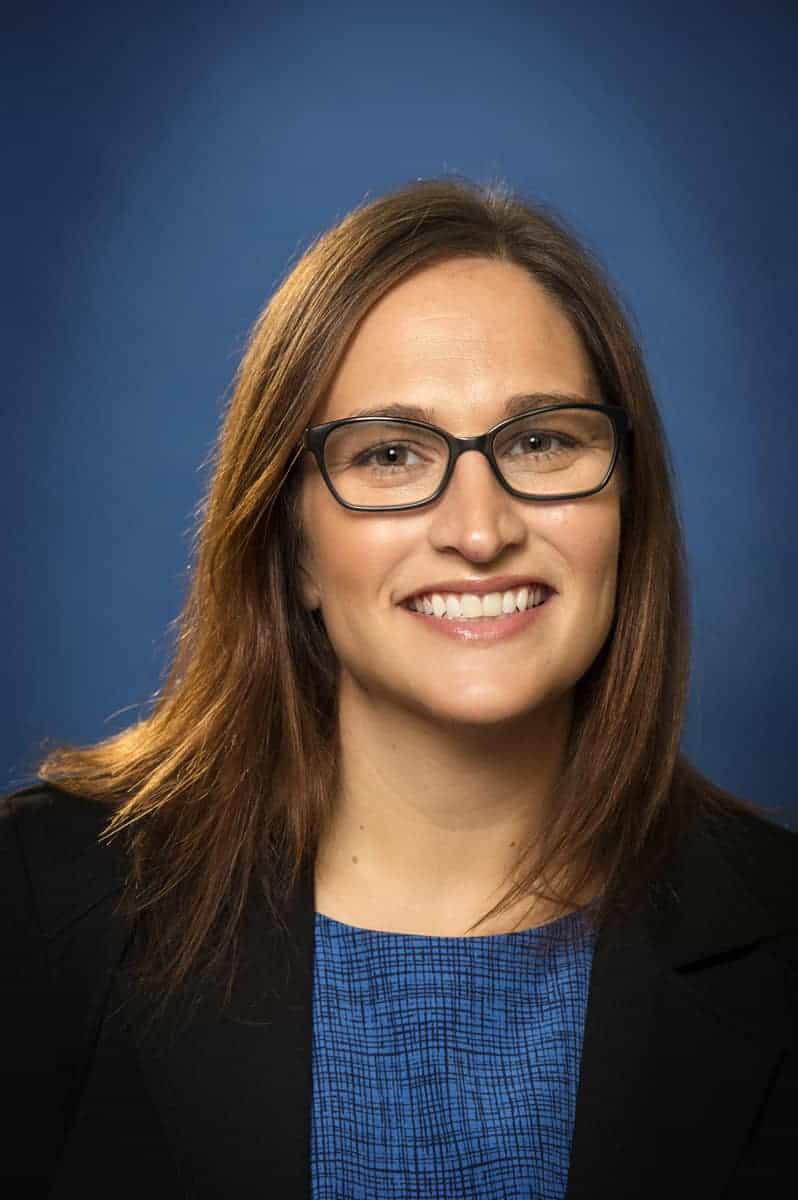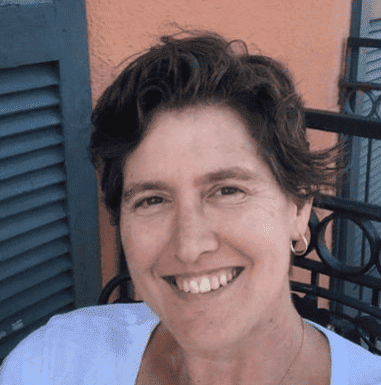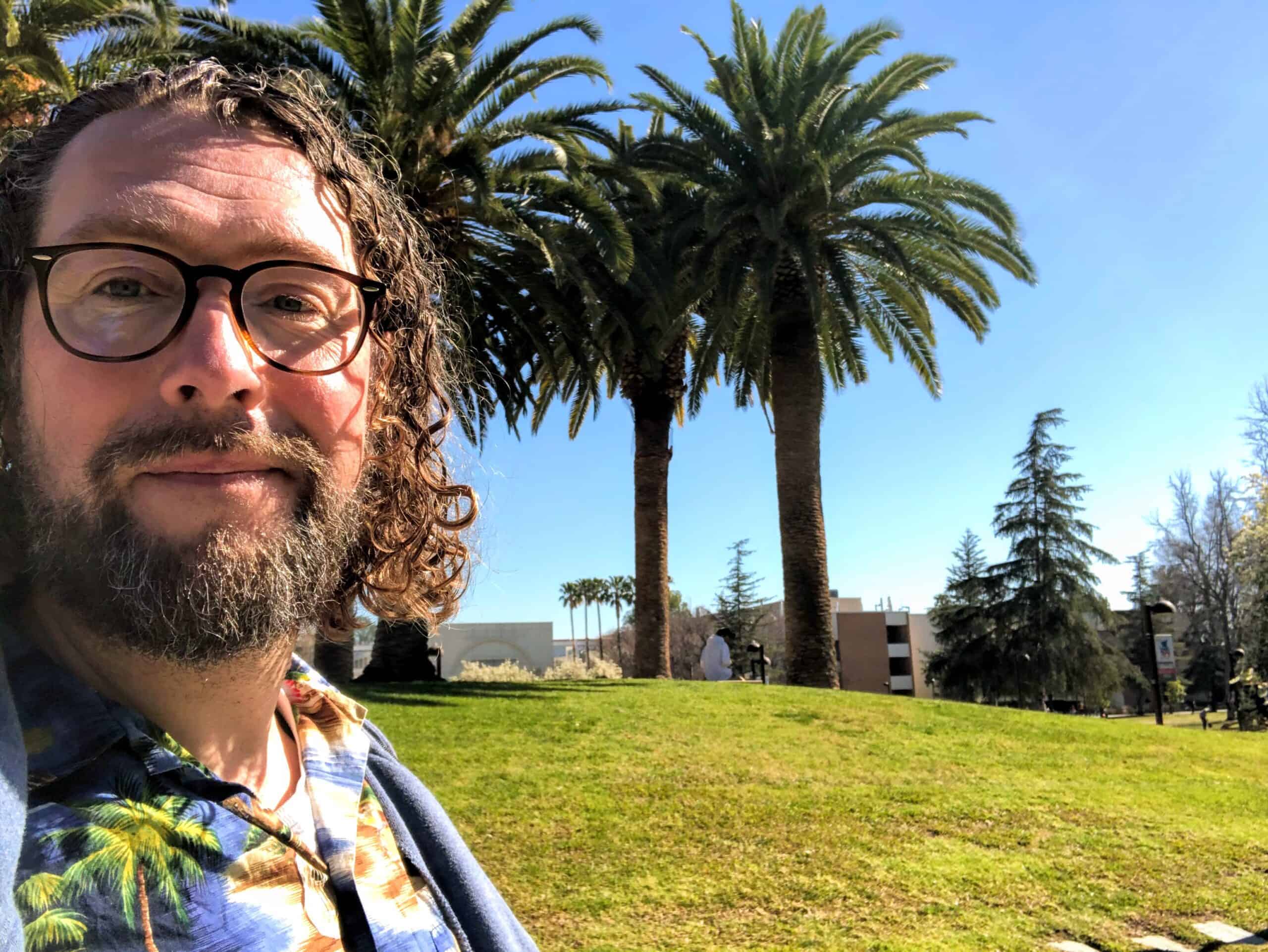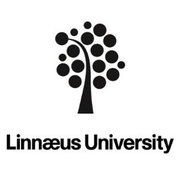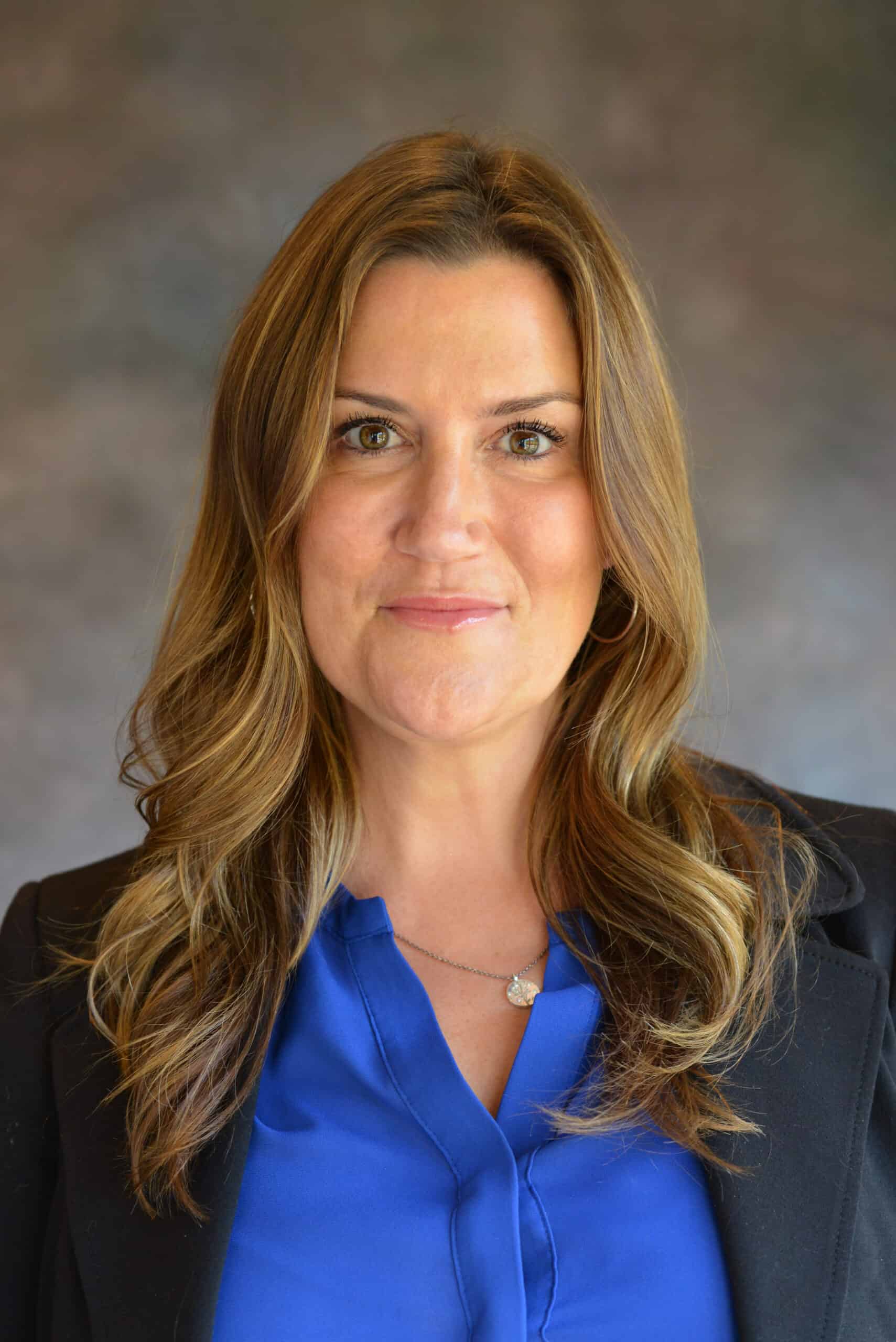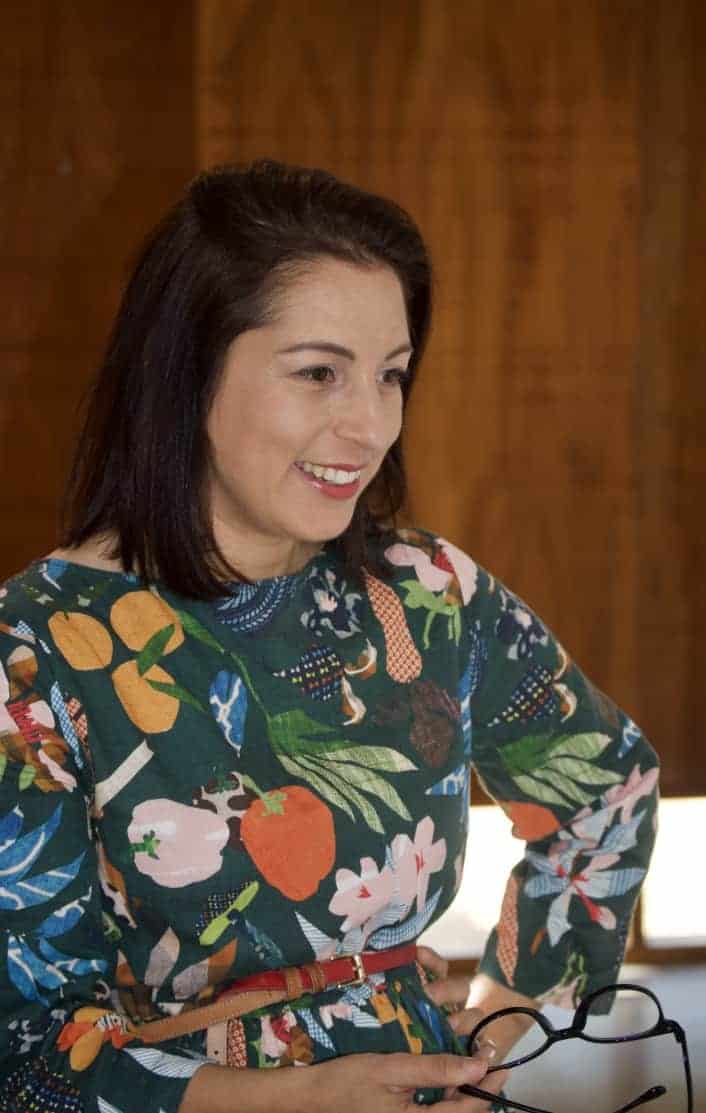Rooted in Research
The MARIO Framework: Why It Works
The MARIO Framework® pedagogy is founded on what science has revealed about learning – including disciplines concerning the whole person and the ways we gain mastery.

Neuroscience
Exciting new neuroscience research shows how one-to-one conversations like those in The MARIO Framework transform the neurophysiology of the speakers, strengthening the junctions between different regions of their brains.

Medical Research
Insights from medicine inform our emphasis on the relationship between educator and learner. It’s grounded in how “exceptional potential” arises from the careful listening of the medical practitioner to the patient.

Design Thinking
Knowledge from design thinking informs our iterative, student-centered approach to goal setting and outcomes improvement.

Ecological Systems Theory
Ecological systems theory sets the context in which we measure our learners’ progress by cultivating their self-awareness.
Psychology
Psychology, particularly research in sociolinguistics, reveals how MARIO’s one-to-one learning facilitates the best outcomes via a flexible combination of educational psychology paradigms.








